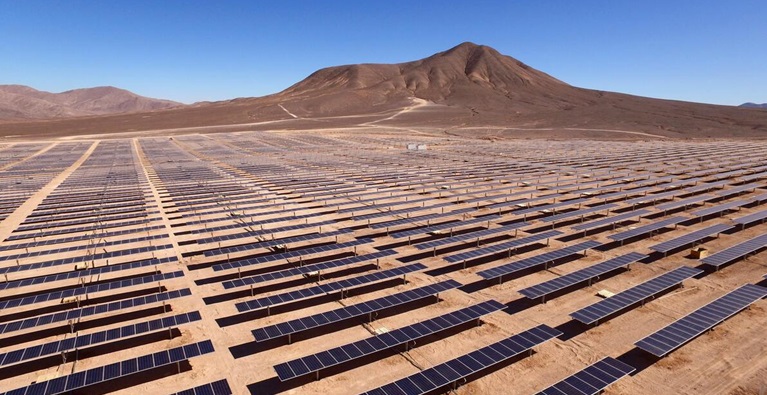
CLIMATE AND ENERGY
Research on Climate and energy will generate
and disseminate knowledge that is key to a practical,
resilient, and just transition to a clean energy system
through collaboration with stakeholders in the
government, private, and non-profit sectors to create
real-world impacts. The goal is to inform policymakers
and society on the critical challenges, trade-offs, and
consequences of energy transitions at domestic,
regional, and international levels through rigorous
research, training and strategic engagement.